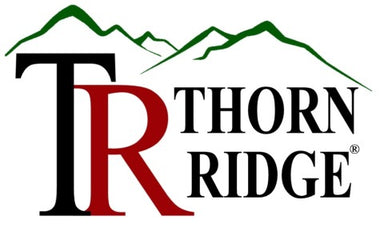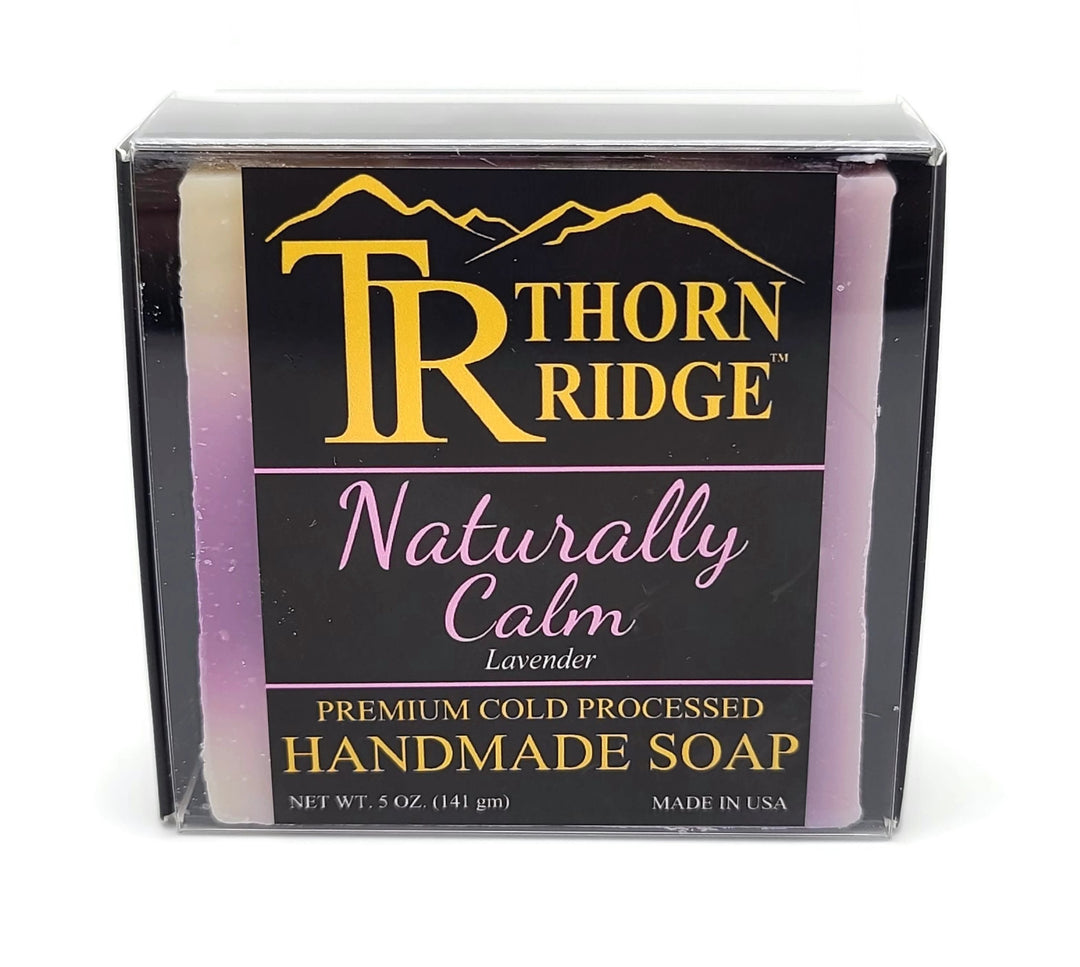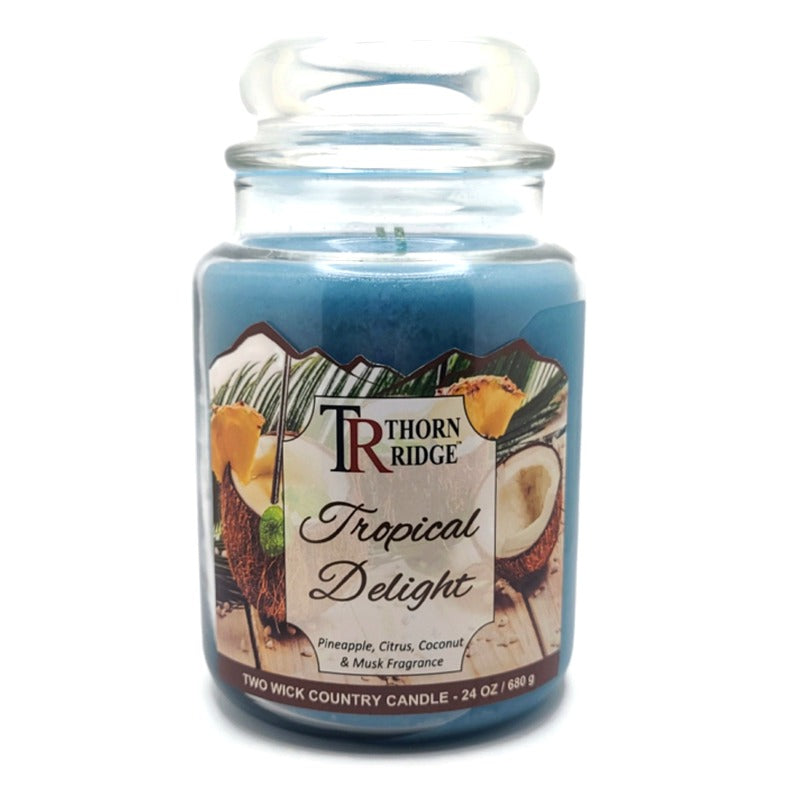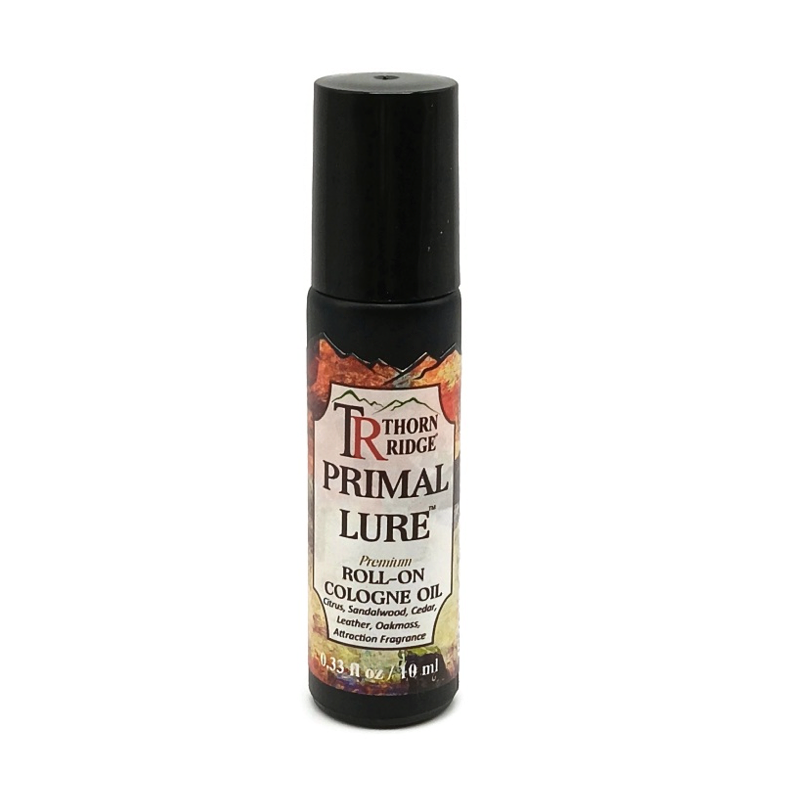The Unspoken Rules of Rural Neighboring
I grew up on a farm in Southern Virginia and I can tell you firsthand that country life runs on quiet understandings. It's a code no one writes down but everyone knows. Break it, and someone will eventually say something to you about what you did or didn't do. Honor it, and you’ll find yourself part of a community that shows up when it counts. Even the horses are neighborly. Here are twenty unspoken rules about living in a rural area:
1. Wave First, Ask Questions Later
It’s a reflex out here. Truck, tractor, ATV, or someone riding their horse bareback down the road, you lift a hand in greeting. The wave says I see you; hope you're having a good day. Ignore it and you might feel bad about it later, because waving a greeting is just what everyone does. I live in South Florida now and I still wave at people that I don't know.
2. Don’t Come Empty-Handed
Visits are better with offerings. Maybe it’s fresh eggs from your hens, a jar of homemade peach jam, or a gallon of sweet tea. Gifts don’t have to be fancy; they just say, I appreciate you. Hospitality often tastes like whatever you made in your kitchen that morning.
3. Help First, Talk About It Later
When the creek swells or the neighbor’s cow breaks through the fence, no one waits for a formal invite. You just grab boots, gloves, maybe a chainsaw, and go. Conversation can come later. First, you get the cow out of the road and mend the fence or clear the tree from the lane.
4. Respect the Land (and the Fence)
Fences mean something. They protect livestock, mark hay fields, and sometimes hold back a temperamental bull. Stay on your side unless invited. And remember: the gate rule is sacred — leave it the way you found it. Never, ever, ever open a closed gate and not close it back behind you. Because that farmer has it closed for a reason, even if you were invited over. It only takes one horse or cow or goat to get through a gate you forgot to close for you to hear, even years later, "remember that one time you forgot to close the gate and Bessie got out? Chased that dang horse for four hours cause you left the gate open. Betcha you don't do that any more, do you?"
5. Privacy Matters (Even When You’re Friendly)
Folks love to visit, but everyone needs space. Just because the porch light’s on doesn’t mean it’s drop-in hour. A text or call goes a long way to make sure it's okay to stop by for a minute. Country hospitality thrives on respect, not assumption.
6. Watch, Don’t Gossip
You’ll know who’s baling hay late and who’s rebuilding their barn. That’s life in small towns, out in the county and in wide open spaces. But there’s a difference between noticing and talking about it. Gossip burns bridges faster than wildfire; quiet respect keeps communities whole.
7. Share Tools, Return Tools Better
Need a post driver, trailer, or hedge trimmers? Ask politely, return fast, and return better — fueled up, sharpened, or with thank-you food. Forget this, and you’ll have to buy your own next time. And not bringing back a borrowed tool is about as bad as it gets, just don’t do it.
8. Celebrate and Console Quietly
Country neighbors show up. A new baby calf? Someone brings cider and congratulations. A funeral? Casseroles appear without a word. It’s not about fanfare, it’s about presence, the silent strength of knowing you’re not alone.
9. Slow Down on Dirt Roads
Dust clouds and flying gravel aren’t just rude they’re dangerous. Kids chase dogs, horses spook easy, and mailboxes aren’t built for 50 mph. Ease up and wave; your reputation rides with your speedometer.
10. Honk Only When You Mean It
A quick tap that says thanks is neighborly. Leaning on the horn like you’re in rush-hour traffic in South Florida? That’s city noise. In the country honks have purpose, whether it's saying hello, giving a warning, or letting someone know, I’m here to pick you up.
11. Mind the Livestock
When you step onto someone else’s pasture, remember: their animals know their voices, not yours. Charging up to a herd or waving arms will only cause confusion and maybe a stampede you didn’t bargain for. Keep to the fence lines, move slow and quiet, and if something seems wrong, let the farmer know instead of trying to wrangle it yourself.
12. Share Weather Intel
Your phone app can’t beat an old timer’s knee or the creek’s rising edge. If you see storm clouds or water spilling where it shouldn’t, call or text the neighbors to check on them. Rural safety runs on local updates.
13. Don’t Block Driveways or Barn Paths
That open patch of gravel might look like parking until the hay trailer needs to get through. Big rigs and horse trailers swing wide, so it's important to leave room so work can keep moving. Find a parking spot out of the way when visiting or ask where your neighbor wants you to park.
14. Mind the Dogs Before You Knock
Most country homes come with at least one four-legged doorbell. Before you march up the porch steps, give a holler or a whistle and let your neighbor and their dogs know you’re coming. It’s polite and keeps you from surprising a protective farm pup.
15. Fire Means Everybody’s Business
Smoke on a breezy day isn’t just a curiosity. Fire spreads fast in dry fields. Call, check, or show up if needed. Rural neighbors are the first line of defense when things go wrong.
16. Pitch In When Hay’s Coming In
If you see a neighbor hauling hay and could lend a hand, even just tossing bales or stacking, it’s one of the best ways to build goodwill. Hay days are long, hot, and better with extra hands. Our family always said, "Many hands make light work" and that's true whether you're stacking hay or cleaning the kitchen.
17. Keep Noise in Check After Dark
Bonfires, music, and laughter are welcome; midnight subwoofer battles aren’t. Most folks rise with roosters, not alarms. Respect the quiet once stars come out. Sound travels far over pastures.
18. Support Local Folks
When you find a good farrier, tractor mechanic, or fence repairer, spread the word. Rural economies run on word-of-mouth; your recommendation keeps the best talent working close to home.
19. Return Escaped Pets Gently
If the neighbor’s dog, goat, or chicken makes a break for it, catch it if you can and bring it back kindly. A soft “Your girl came over for a visit” beats a lecture any day.
20. Celebrate Big and Small Wins
First garden tomato, new foal, kid’s rodeo buckle are all moments that matter. Country living is hard work; celebrating small victories keeps spirits high and friendships warm.
This Isn't Just Etiquette
Being neighborly is the invisible glue of country living, stronger than fences, older than maps, built from handshakes and help given without keeping score. Neighbors may live miles apart, their homes tucked into hollers or perched on ridge tops, but when it matters most, the miles don’t mean a thing. Storms knock out power, calves come early, creeks rise, and suddenly headlights glow down your driveway and you know help is on the way. Honor the code and you step into a network of quiet strength, a community bound tighter than concrete streets will ever know.
A Thorn Ridge Touch
At Thorn Ridge®, our designs and stories come from this very spirit — the wave from the pickup, the help after a storm, the quiet kindness that keeps rural life steady. Whether it’s a graphic tee, cozy blanket, or handcrafted bath tea soaks, each piece celebrates you.









